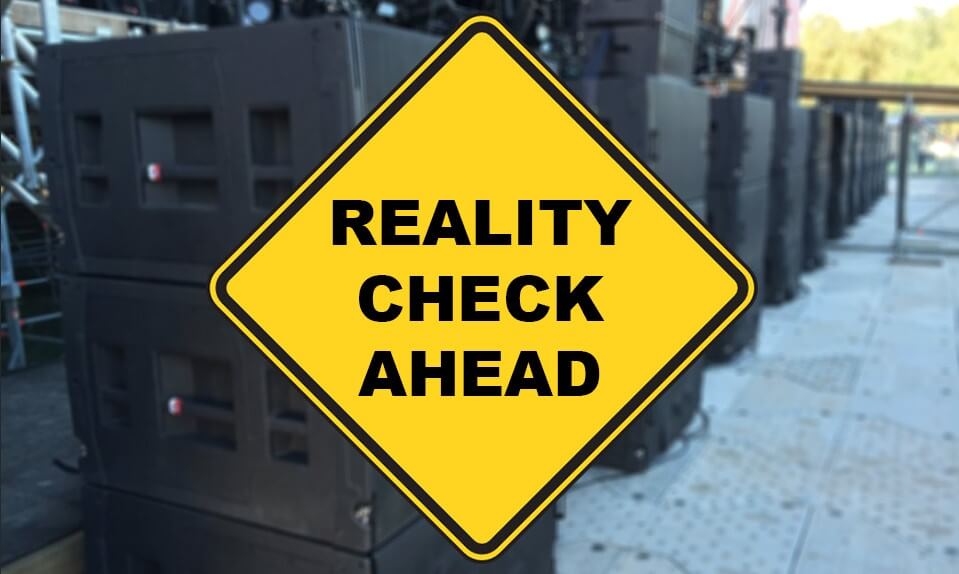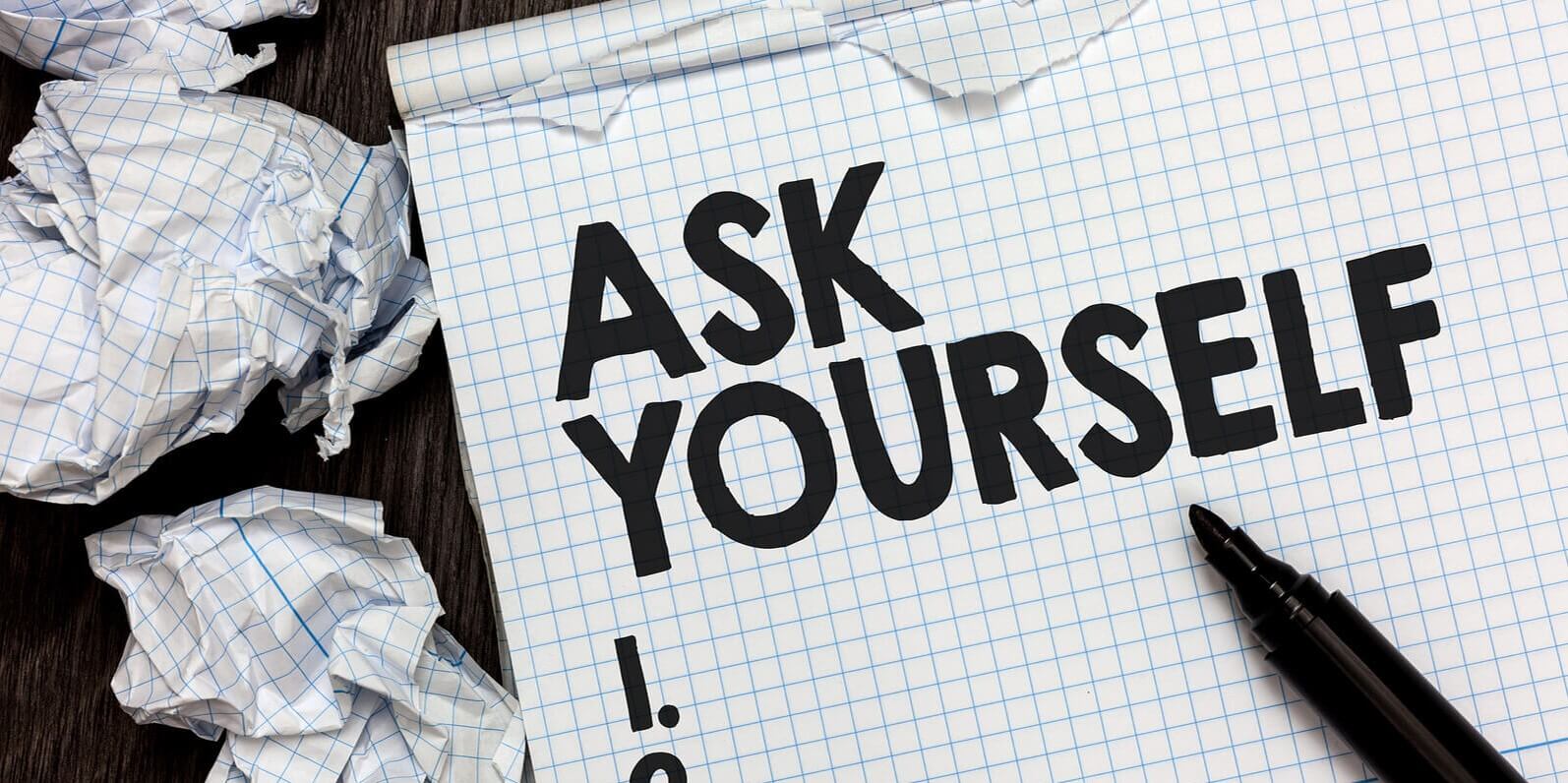It’s important for traders to set goals in order to gain a sense of accomplishment and to know that they’re on the right path. However, setting the wrong goals can set you up for disappointment. For example, many traders begin with one primary goal: to get rich. This certainly isn’t going to happen overnight, and you might feel as though you’re never going to get there if your only goal is distant and hard to reach. This is why you should start with smaller, more realistic goals.
This isn’t to say that it’s a bad idea to have long-term goals, only that you should focus on more immediate things that you can do. These goals shouldn’t only focus on money either. Instead, you need to pay attention to your progress as a forex trader. In a field where more than 70% of beginning traders fail, you deserve to pat yourself on the back for doing well, even if you’ve only made $1.
You can always set your very own personalized goals, but we thought we would provide some good examples of noteworthy goals for beginners to help provide an idea of healthy, attainable trading goals.
- -To make more money than you lose
- To spend x amount of time each day researching topics related to trading, like strategies or insightful articles
- To make progress as a trader
- To keep a trading journal and review it often to monitor progress
- To follow your trading plan
- To learn from mistakes rather than fixating on them
- Not to become overly emotional when trading
As you can see, these goals focus on making progress as a trader, but they don’t define a certain amount that one expects to make. Setting goals that say you will make this amount of money in this amount of time are a bad idea because it can be difficult to meet those goals realistically.
Once you’ve set your trading goals, consider giving yourself little rewards for meeting some of them. You could treat yourself to dinner at the end of the week if you made more money than you lost or buy yourself something you’ve wanted for a while whenever you meet a bigger goal. Stimulating the reward center in your brain will make you feel good about your accomplishments and you should feel more motivated to do better as a trader.
The bottom line is that long-term goals are good for forex traders, but beginners need to focus more on short-term goals that make them better traders. Managing emotions, making progress, spending time doing research, and other self-improvement goals not only help you in the short-term, but they will also make you a better trader that is more capable of reaching those harder to reach goals, like making a lot of money, becoming a successful forex trader, making enough money to quit your day job, and so on. Remember that one day, you will meet these goals, even though it might take some time.


